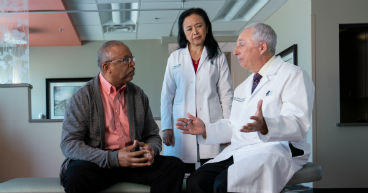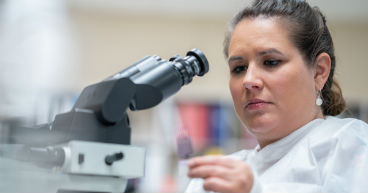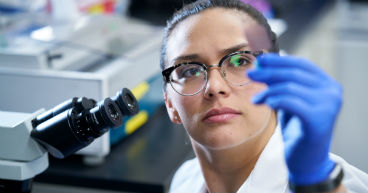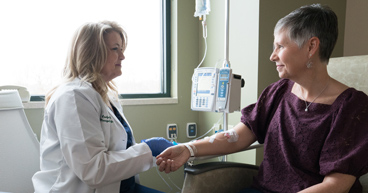


104 Posts

December 11, 2019
What's the difference? Plenty when it comes to cancerTo clear up some of the confusion, the CancerCenter360 blog developed an occasional series called, “What's the difference?,” to familiarize patients with cancer terminology and help increase their cancer IQ. Here are summaries of the series installments from the past year.

November 25, 2019
Registry aims to track firefighters’ higher cancer riskMen and women on America’s fire departments often are exposed to toxic smoke, asbestos and other substances that may increase their cancer risk. As a result, these first responders are diagnosed with cancer at a higher rate than the general population.

October 16, 2019
Survey: Most men don’t follow advice on active surveillance for prostate cancerSome prostate cancer patients who do not require immediate treatment may put themselves at risk by not following active surveillance guidelines.

October 9, 2019
Clinical trials are a key to drug research, yet participation remains lowDespite their importance to the development of new cancer treatments, few patients are in enrolled clinical trials.

September 11, 2019
When mother and daughter have breast cancer, BRCA genes are not always the causeWhen multiple generations of a family have breast cancer, it’s easy to assume it’s due to an inherited mutation such as the BRCA gene. But that’s hardly the case.

August 21, 2019
Identifying biomarkers gives doctors known targets to treat many cancersDoctors are increasingly relying on biomarkers, which help determine a patient’s overall health and/or the presence disease. Learn what biomarkers are and why they are increasingly important in cancer care.

August 7, 2019
Is it the flu or cancer? The two diseases share many common symptomsThe flu and some cancers share many common symptoms. Learn what to do if your flu symptoms worsen or do not get better after two weeks.

April 15, 2019
What to know when choosing sunscreenMore than 3 million Americans develop skin cancer every year, making it the most common cancer in the United States. If you want to avoid adding to that statistic, it helps to know the truth behind sun protection. Here are the facts about five common myths to help you choose how to reduce your risk.

March 8, 2019
5 breakthroughs in cancer detection and treatmentCancer treatment and detection has progressed in leaps and bounds since 3000 B.C., when Ancient Egyptians concluded there was no way to treat the disease. Advances have particularly grown over the past couple of decades. Daniel Nader, DO, FCCP, FACP, Chief of Staff at our Tulsa hospital, outlines five recent innovations as the treatments to watch out for.
Guidelines
The information contained in this blog is not intended nor implied to be a substitute for professional medical advice. Always seek the advice of your physician or other qualified health provider prior to starting any new treatment or with any questions you may have regarding a medical condition. Nothing contained in the blog is intended to be used for medical diagnosis or treatment of any illness, condition or disease.